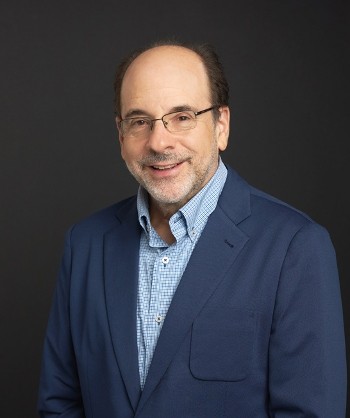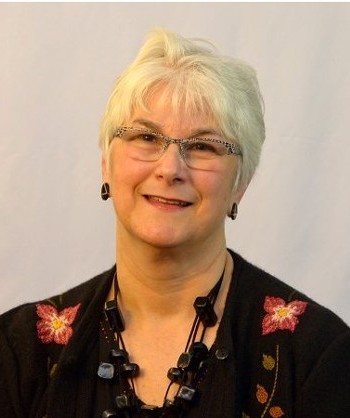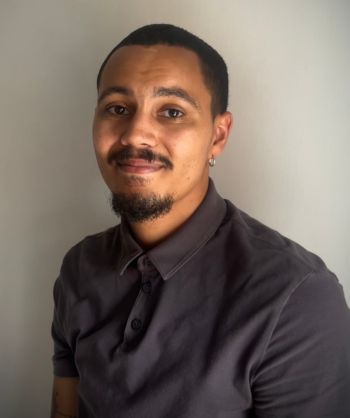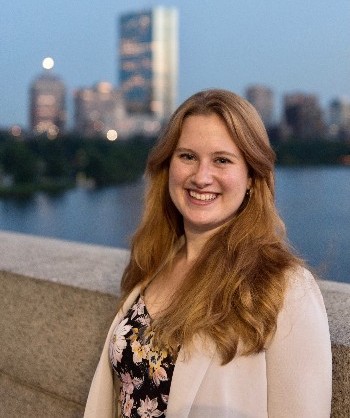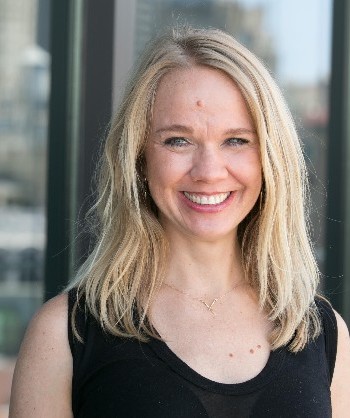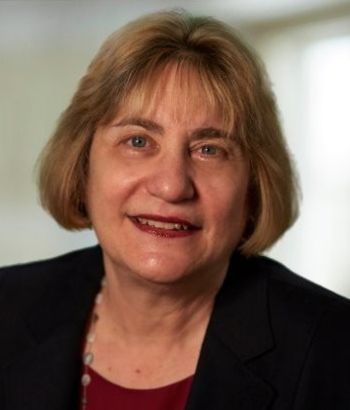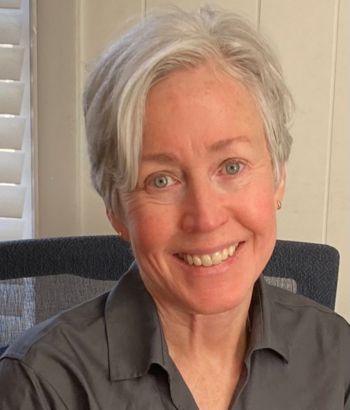About
The Work Intervention Network (WIN) is an interdisciplinary team of professionals from the fields of psychology, sociology, and career development, who are dedicated to providing support to individuals facing unemployment, underemployment, and other work-related challenges. Our team combines the resources of existing career agencies with evidence-based practices from social sciences research to create workshops, conduct research and training, and facilitate professional development programs. Our mission is to make a difference in the lives of people who are dealing with work-related disruptions.
WIN's Impact
250
Career and workforce development professionals have been trained on the WIN model
10
U.S. states have offered WIN workshops
Colorado, Florida, Georgia, Massachusetts, Michigan, New Jersey, New York, North Carolina, Pennsylvania, Virginia
5
Countries have offered WIN workshops
Australia, Canada, Israel, Portugal, and the United States
“The innovative workshops and trainings that WIN offers provide a unique chance to provide engagement, self reflection, substance, meaning, support, and tools to any job hunter who is trying to move forward. While I never have believed in 'one size fits all,' this workshop series does exactly that – invites anyone in and gives people new powerful options for success no matter where they are starting.”
Who We Are
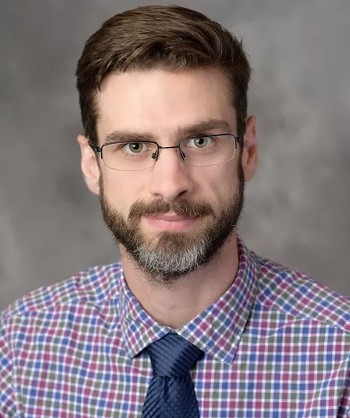
Associate Professor & Program Director, Counseling Psychology
University of Houston

Professor of Career Development, School of Education
Tel Aviv University
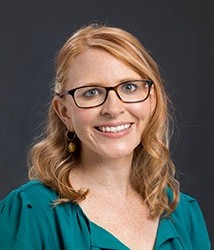
Assistant Professor, Department of Educational Psychology
University of Wisconsin-Milwaukee

Professor & Chair, Department of Education, Developmental and Counseling Psychology
University of Coimbra, Portugal
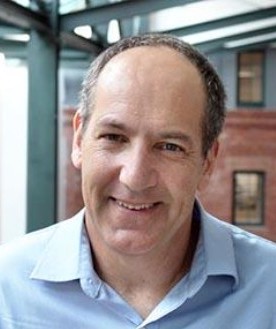
Associate Professor, College of Social & Behavioral Science
University of Massachusetts Amherst
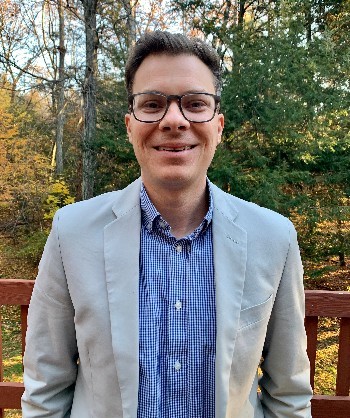
Assistant Professor, Psychiatry, Boston University School of Medicine
Adjunct Instructor, Department of Counseling, Developmental, and Educational Psychology, Boston College
Volunteers
Frequently Asked Questions
WIN is the Work Intervention Network – a collaborative endeavor among a team of psychologists, sociologists and career practitioners to support job seekers and individuals in career transition by focusing on social/emotional systemic issues as they make career decisions and search for work.
The Work Intervention Model offers four modules with the possibility of six workshop sessions (two modules can be offered in two sessions instead). There is variability, as long as the integrity of the WIN concepts is maintained.
The modules are:
- Deepening and Sustaining Relationships
- Fostering Social Awareness and Reducing Self-Blame
- Building Emotional Resilience and Self-Care
- Planning, Exploring, and Engaging in the Job Search
Each of the workshop modules has a unique focus:
1. Deepening and Sustaining Relationships
Being unemployed or underemployed and searching for a job are often very lonely challenges. In this workshop, participants will have an opportunity to deepen their relationships, which is an essential source of support and resilience. Using the strengths of working in a group of peers, the workshop will foster a renewed sense of purpose for participants to connect with their friends and family and develop connections within the group that can be sustained for the long haul.
2. Fostering Social Awareness and Reducing Self-Blame
Navigating work disruptions often leads individuals to experience shame and stigma along with self-blame. This workshop focuses on helping participants to enhance their critical consciousness (CC), which refers to the capacity to read the world and to enact change in one’s life and context. Developing CC offers a powerful reframe about the causes of unemployment, which can reduce self-blame. CC also furnishes a protective factor that enhances resilience and promotes active engagement in one’s life. Activities include group-based discussions of participants’ experiences, which provide the content for a discussion of the larger factors that constrain the labor market.
3. Building Emotional Resilience and Self-Care
Managing unemployment and underemployment is hard and stressful. These two workshops focus on self-care and stress reduction that can help to prevent mental health problems, which research indicates is far more challenging during periods of job disruption. Participants will have an opportunity to build emotional resilience and enhance their self-care strategies, which are essential for managing work-related stresses.
4. Planning, Exploring, and Engaging in the Job Search
Losing work is a crisis, but also offers opportunities to develop a pathway to a sustainable, and optimally, meaningful work life. Participants will engage in two workshops that can be offered together or as standalone workshops—one workshop is devoted to career planning and the second workshop focuses on developing and implementing action plans in searching for new work options and opportunities. Included in the two workshops are exercises to enhance self-awareness, explore new career paths, and reinvigorate the job search process using state-of-the art evidenced-based practices.
All WIN training, materials, and workshop participation is FREE to facilitators and to workshop participants.
The WIN Manual is available through the WIN website. Individuals interested in using or reviewing the manual must reach out to WIN Team members (listed on the website) for access. You can also obtain access to WIN materials by completing a two-hour free WIN training.
The workshops are designed to be used by career coaches/counselors who have experience in working with groups and in providing supportive work-based interventions. More specialized training in mental health is not needed to deliver these workshops.
A virtual two-hour training is available for no charge and includes a manual with expanded module descriptions and relevant handouts and resources.
For further information, or to learn about the schedule for the next WIN Workshop Facilitator Training, contact Amy Mazur, WIN Project Coordinator: amymazur@bc.edu.
WIN workshops can easily become a part of your repertoire of offerings for job seekers and individuals in career transition. Readings, research articles, exercises, and other materials complement and build on work that many career and workforce development professionals are already doing with clients.
We have already had interest in integrating the WIN workshops in settings related to career development, workforce development, adult basic education, financial literacy, working with individuals with disabilities, and diversion programming for justice-involved individuals.
Participants benefit from attending the WIN workshops by:
- Gaining a deeper understanding of the importance of developing relationships, reducing self-blame, building resilience and planning, exploring and engaging in the job search.
- Being in community as the job search experience is normalized and self-blame is reduced, leading to increased persistence in staying in the search.
Facilitators benefit from facilitating the trainings by:
- Applying methods from evidence-based research to expand their understanding of the social, emotional, psychological, and systemic issues affecting job seekers and individuals in career transition.
- Having access to research, resources, materials and new techniques and approaches to work with individuals and groups.


